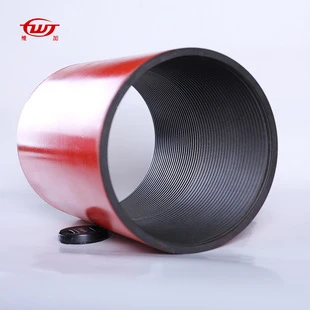- Afrikaans
- Albanian
- Amharic
- Arabic
- Armenian
- Azerbaijani
- Basque
- Belarusian
- Bengali
- Bosnian
- Bulgarian
- Catalan
- Cebuano
- Corsican
- Croatian
- Czech
- Danish
- Dutch
- English
- Esperanto
- Estonian
- Finnish
- French
- Frisian
- Galician
- Georgian
- German
- Greek
- Gujarati
- Haitian Creole
- hausa
- hawaiian
- Hebrew
- Hindi
- Miao
- Hungarian
- Icelandic
- igbo
- Indonesian
- irish
- Italian
- Japanese
- Javanese
- Kannada
- kazakh
- Khmer
- Rwandese
- Korean
- Kurdish
- Kyrgyz
- Lao
- Latin
- Latvian
- Lithuanian
- Luxembourgish
- Macedonian
- Malgashi
- Malay
- Malayalam
- Maltese
- Maori
- Marathi
- Mongolian
- Myanmar
- Nepali
- Norwegian
- Norwegian
- Occitan
- Pashto
- Persian
- Polish
- Portuguese
- Punjabi
- Romanian
- Russian
- Samoan
- Scottish Gaelic
- Serbian
- Sesotho
- Shona
- Sindhi
- Sinhala
- Slovak
- Slovenian
- Somali
- Spanish
- Sundanese
- Swahili
- Swedish
- Tagalog
- Tajik
- Tamil
- Tatar
- Telugu
- Thai
- Turkish
- Turkmen
- Ukrainian
- Urdu
- Uighur
- Uzbek
- Vietnamese
- Welsh
- Bantu
- Yiddish
- Yoruba
- Zulu
casing collar
Understanding Casing Collars in Oil and Gas Drilling
In the oil and gas industry, efficient drilling operations require a robust understanding of various components used in the process. One of these critical components is the casing collar. Casing collars play a pivotal role in the integrity and functionality of the wellbore during drilling operations, influencing both the safety and efficacy of extracting hydrocarbons.
Casing collars are specially designed fittings installed at intervals along the casing string, which is a series of pipes that form the structural lining of a wellbore. Their primary function is to provide a means of connection and support for the casing, allowing for safe operations while facilitating the drilling and production processes. Typically, casing collars are manufactured from high-strength steel to withstand the extreme pressures and harsh environments found at drilling sites.
One of the key roles of casing collars is to maintain the integrity of the casing string, which is crucial for preventing leaks and ensuring that the well is sealed properly. By regulating the flow of drilling fluids and cement, casing collars help to create a stable environment within the wellbore, reducing the risk of blowouts and other dangerous incidents. The installation of casing collars is carefully planned to correspond with specific intervals in the well, based on geological conditions, the type of formation being drilled, and the expected pressures.
casing collar

Moreover, casing collars also serve as a point for attachment of various downhole tools and equipment. With advancements in technology, casing collars can now be designed to accommodate telemetry systems and other monitoring devices that help operators gather real-time data from within the well. This capability enhances decision-making processes and enables proactive management of potential issues that might arise during drilling and production.
Maintenance of casing collars is equally important, as their failure can lead to catastrophic results including well collapse or leaks. Regular inspections are critical to ensure they are in good working order, often involving advanced techniques such as ultrasonic testing or magnetic particle inspection.
In conclusion, casing collars are an essential component in the oil and gas drilling industry, contributing significantly to the safety and efficiency of drilling operations. Their role in maintaining casing integrity and facilitating the connection of downhole tools underscores their importance in successful hydrocarbon extraction. As technologies continue to evolve, the design and functionality of casing collars will likely advance, further improving the overall safety and efficiency of drilling operations around the world. Understanding their application and maintenance is crucial for professionals in the field, ensuring that operations remain safe and productive in an ever-challenging environment.
-
Tubing coupling plays a significant role in the chemical industryNewsApr.03,2025
-
The Importance of Tubing Crossover in Various Industrial FieldsNewsApr.03,2025
-
The characteristics and important role of Tubing Pup JointNewsApr.03,2025
-
Characteristics and functions of Pup jointNewsApr.03,2025
-
Characteristics and Functions of Pup Joint PipeNewsApr.03,2025
-
Application of Coupling Casing in Various ScenariosNewsApr.03,2025







